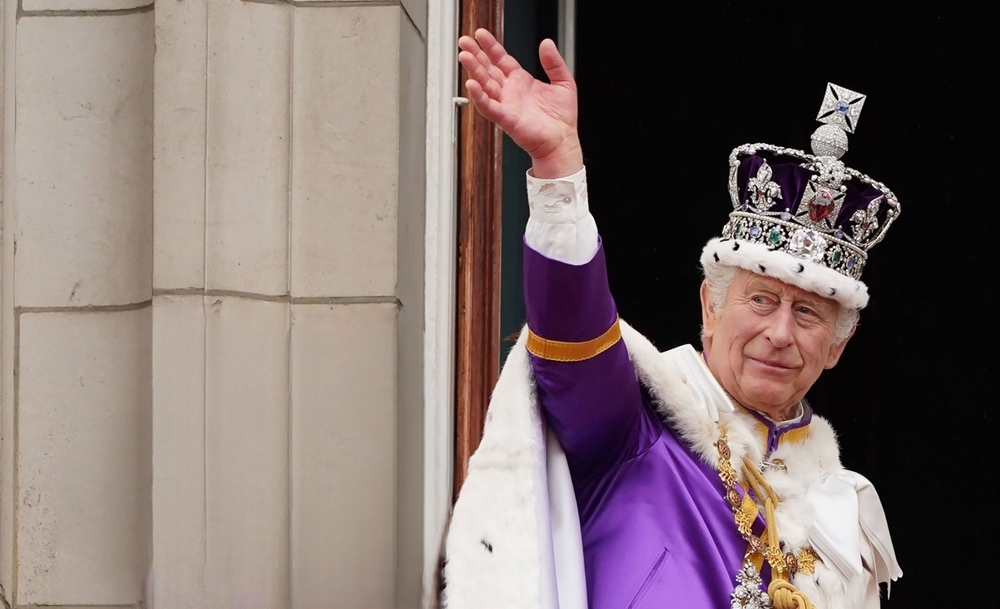Understanding Stages and Survival Rates Amidst King Charles III’s Diagnosis.
Others are reading now
In a solemn revelation, Buckingham Palace confirmed on Monday (February 5) that King Charles III is currently undergoing cancer treatment. Detected during a procedure for his benign prostate condition, the disease is reportedly in its nascent stages, prompting the King to temporarily recede from his royal duties, a mere 18 months into his reign. Prime Minister Rishi Sunak, in a discussion with BBC Radio 5 Live, offered a glimmer of hope stating the cancer was “caught early”, underscoring the paramount importance of early detection in combating the illness.
Why Early Detection is Key
The axiom that “catching cancer at an early stage is key to increasing your survival rate” holds profound significance, especially when confronted with the harrowing statistic that one in two individuals will face cancer in their lifetime. Delving into the stages of cancer not only educates but empowers us to grasp the gravity of timely diagnosis.
Also read
Exploring the Stages of Cancer
The journey through cancer’s progression is categorized into distinct stages, each delineating the extent of the disease’s invasion and its survival prognosis, as delineated by the NHS:
-
Stage 0: A beacon of hope, this stage signifies cancer’s presence solely in its origin layer, unspread to adjacent tissues. Dubbed non-invasive, its treatability and survivability rates are notably high.
-
Stage 1: Marked by minimal expansion yet deeper penetration into nearby tissues compared to Stage 0, this early stage often sees highly effective treatment outcomes, boasting an overall survival rate exceeding 80%. Certain cancers at this juncture herald nearly 100% survivability.
-
Stages 2 and 3: Representing a significant escalation, cancer at these stages has burgeoned in size and possibly extended to proximate lymph nodes or tissues. The complexity of treatment amplifies, intertwining surgery, radiation, and chemotherapy. Survival rates oscillate, touching nearly 90% for specific cancers but plummeting to 60% for others.
-
Stage 4: The zenith of cancer’s spread, metastasizing to distant organs and body parts. Although treatment intensifies in a bid to avert terminality, eradicating the cancer becomes an arduous challenge. Survival rates vary drastically, from 31% for breast cancer to a stark 6.6% for stomach cancer.
King Charles III’s Courageous Fight
King Charles III’s diagnosis has not only spotlighted his personal battle but also illuminated the criticality of early detection and the nuanced journey of cancer treatment across its stages.
As the world watches, his fight underscores a broader narrative on the imperatives of health vigilance and the indomitable spirit of those confronting this formidable adversary.


